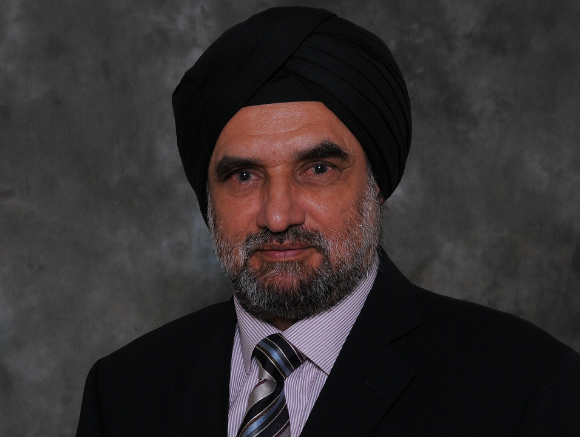After working on immunological aspects of ankylosing spondylitis for his PhD at the University of Liverpool he returned to LSTM in 1984 as a Postdoctoral Senior Research Assistant to study sequestration in falciparum malaria under Professor Marcel Hommel at the newly-established Wolfson Unit of Tropical Immunology.
He became hooked on malaria after realising how prevalent and deadly it was following short working stints at the Wellcome Trust-Mahidol University Oxford Tropical Medicine Research Unit in Bangkok, Thailand and the Queen Elizabeth Hospital in Blantyre, Malawi. He went on to receive a Beit Medical Fellowship in 1988 to work on molecular aspects of malaria under Professor Julian Crampton at the Wolfson Unit of Molecular Genetics, LSTM. While at the LSTM he met Janet Cox, who was doing her PhD with Prof Hommel, and they were married in 1987. They went to Malaysia in 1992 to take up lectureships at Universiti Sains Malaysia and moved to UNIMAS in Malaysian Borneo in 1999 to kick start lab-based research at the Faculty of Medicine & Health Sciences.
Prof Singh has been using molecular tools to study malaria for almost three decades. Research at the MRC, UNIMAS focuses on the epidemiology, pathogenesis, evolution and population genetics of malaria parasites. His research team made a landmark discovery in 2004 that Plasmodium knowlesi, a monkey malaria parasite, was causing malaria in humans. They subsequently made several other key discoveries which have highlighted knowlesi malaria as a life-threatening zoonotic disease that is prevalent throughout Southeast Asia.
Professor Singh received the Merdeka Award (an award that aims to recognise and reward Malaysians and non-Malaysians who have made outstanding contribution to the people of Malaysia in their respective fields) in 2017 in the Health, Science & Technology category in recognition for his outstanding contribution to the discovery and pioneering work on a new cause of human malaria, Plasmodium knowlesi. He served as the local secretary for Malaysia for the Royal Society of Tropical Medicine and Hygiene (1994-2007), as a commissioner for The Lancet Commission on Malaria Eradication and twice as an advisor on zoonotic malaria to the World Health Organisation.
